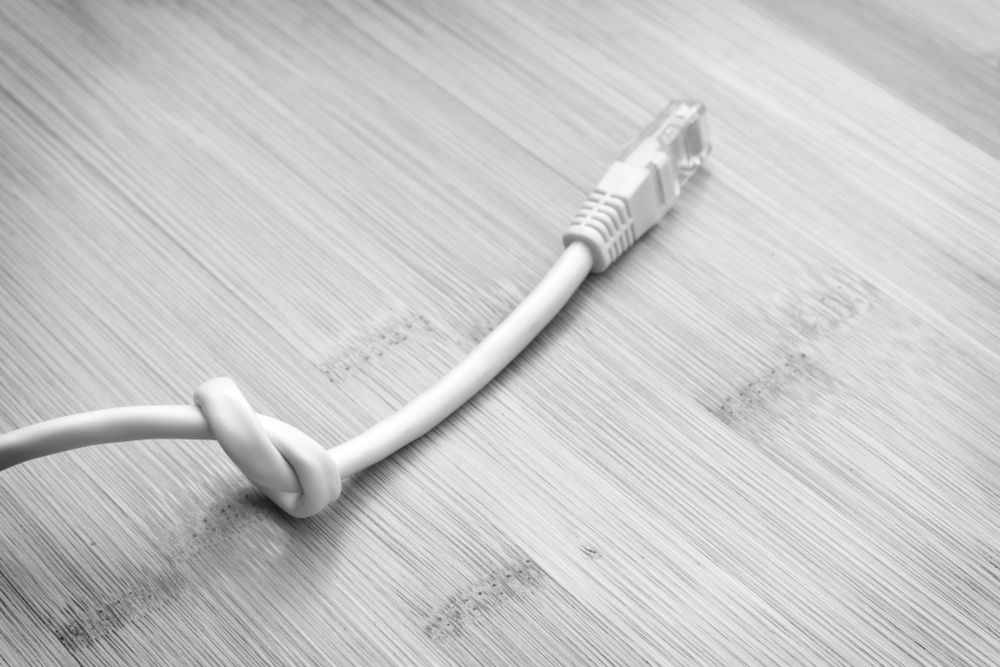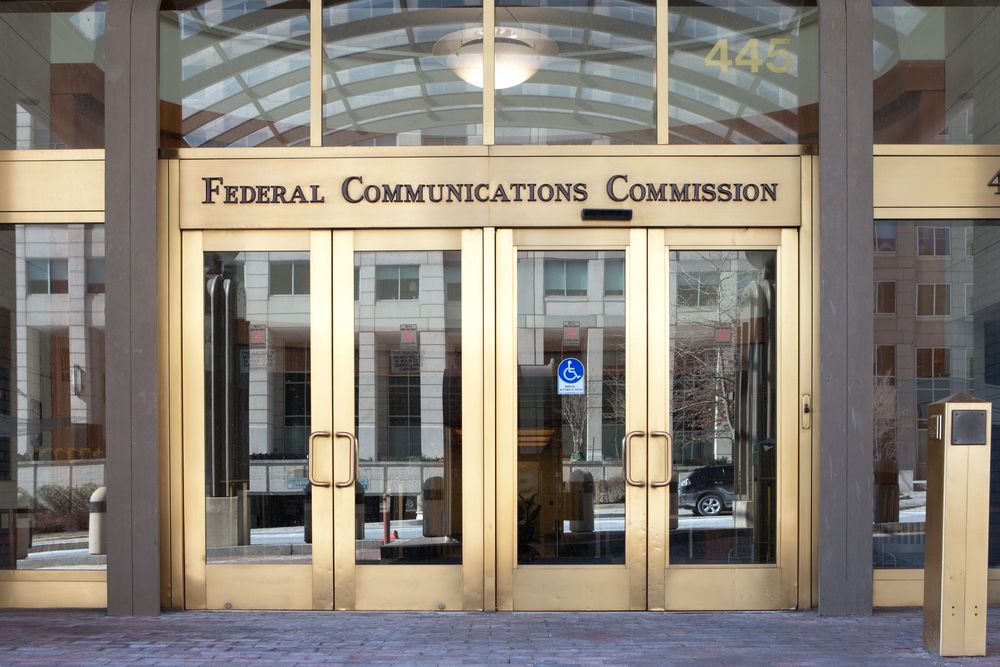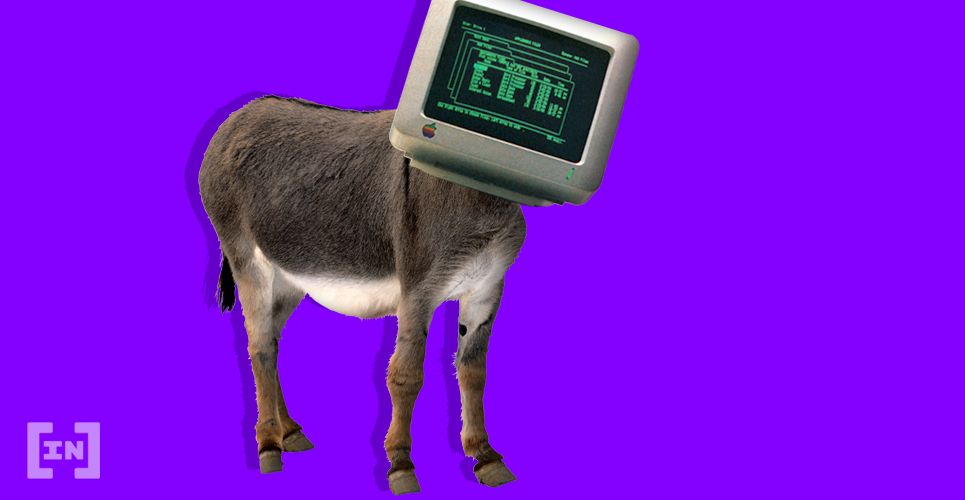Senator Chuck Schumer (D-N.Y.) is not happy about slow Internet speeds and deceptive practices of Internet service providers.
The Senate minority leader expressed profound concern over the issues plaguing the Internet industry in remarks made Sunday.
Of particular interest, Schumer made it clear that, while Internet service providers (ISPs) report high speeds, the reality is far different. Though noting that 99 percent of New Yorkers have access to high-speed internet, nearly 4 million do not have access to a rate of 25 Mbps.
The senator’s main concern, according to the comments, is the loss in productivity with slower rates. Because ISPs can self-test, there’s little or no follow through for affected users.
“While we live in an era of faster and faster, the reality of internet speed across New York is that it may move more like molasses than lightning. If you spend four hours a day using the internet with 5% of that time lost to a sluggish connection.”

Calling on the FCC
Senator Schumer has called on the Federal Communications Commission (FCC) to crack down on these deceptive ISP practices. He hopes that third-party testing will force companies to provide exactly what customers are paying for. Nevertheless, the issue does raise more profound questions regarding the nature of product distribution and trust. The FCC’s ability to test and enforce speed regulations is only reliable insofar as it is able to remain wholly unbiased. Moving the responsibility to another institution may only shift these targets slightly.
Decentralized Internet or Bust
Others, however, suggest that such a shift would be meaningless. Instead, they are calling for a move toward decentralized internet services. In fact, according to Tim Wu, a professor at Columbia Law School, the FCC is aware of the issue but has done nothing.“The cable and phone companies have routinely deceived the public when it comes to the broadband speeds they promise and what they deliver. Unfortunately, the FCC has been complicit in this deception for many years.”In a peer-to-peer (P2P) internet environment, providers would only offer services based on connectivity between distributed nodes. Such a system, utilizing blockchain technology, would provide increased security, as well as far cheaper access. There’s a trade-off in that the distributed providers could charge whatever they liked for access. However, because the system would remove the current near-monopoly that most consumers face, the pricing would drop dramatically. Do you think blockchain technology for a decentralized internet is the solution for Chuck Schumer’s woes? Let us know your thoughts in the comments below!
Disclaimer
In adherence to the Trust Project guidelines, BeInCrypto is committed to unbiased, transparent reporting. This news article aims to provide accurate, timely information. However, readers are advised to verify facts independently and consult with a professional before making any decisions based on this content. Please note that our Terms and Conditions, Privacy Policy, and Disclaimers have been updated.

Jon Buck
With a background in science and writing, Jon's cryptophile days started in 2011 when he first heard about Bitcoin. Since then he's been learning, investing, and writing about cryptocurrencies and blockchain technology for some of the biggest publications and ICOs in the industry. After a brief stint in India, he and his family live in southern CA.
With a background in science and writing, Jon's cryptophile days started in 2011 when he first heard about Bitcoin. Since then he's been learning, investing, and writing about cryptocurrencies and blockchain technology for some of the biggest publications and ICOs in the industry. After a brief stint in India, he and his family live in southern CA.
READ FULL BIO
Sponsored
Sponsored
